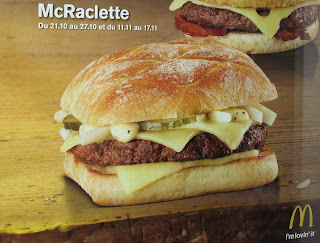
Microsoft is ever innovating, and during our visit we were shown a demonstration of Windows 7 and Microsoft Office 2010. These new versions have new, creative features and a sleek look. We were also shown some new computer technologies, namely a touch-table computer. What at first appeared to be a small coffee table ended up being a computer system operated by the touch of one’s fingertips.
Microsoft’s Paris headquarters is quite large and serves the French region. Microsoft has adopted a cultural approach through which it places virtually independent subsidiary offices in each region where it operates. Microsoft first began to penetrate Europe in 1982 when it began operating in the United Kingdom. The Microsoft offices throughout the world are considered subsidiaries to the Microsoft Corporation and are run by locals. This decentralization has made a significant difference in the way Microsoft operates around the world. Each subsidiary more or less operates on its own. This has helped increase the levels of responsibility and accountability that personnel take on in each of the subsidiaries. Microsoft Corporation places them in charge of marketing strategies in their respective areas. These local offices conduct surveys and do “experiential marketing” in order to determine the best strategies for the corporations various marketing segments.
Our visit to Paris was the epitome of a computer guru’s dream. The headquarters in Paris made me think of the things I’ve heard about the workplace at Google. There were a lot of conveniences and services that made it appear to be a great place to work. One thing that we students enjoyed was the vending machine that dispensed free drinks! One our way I heard students saying “I could work here!” The environment was clean, fun, convenient, and exciting.























